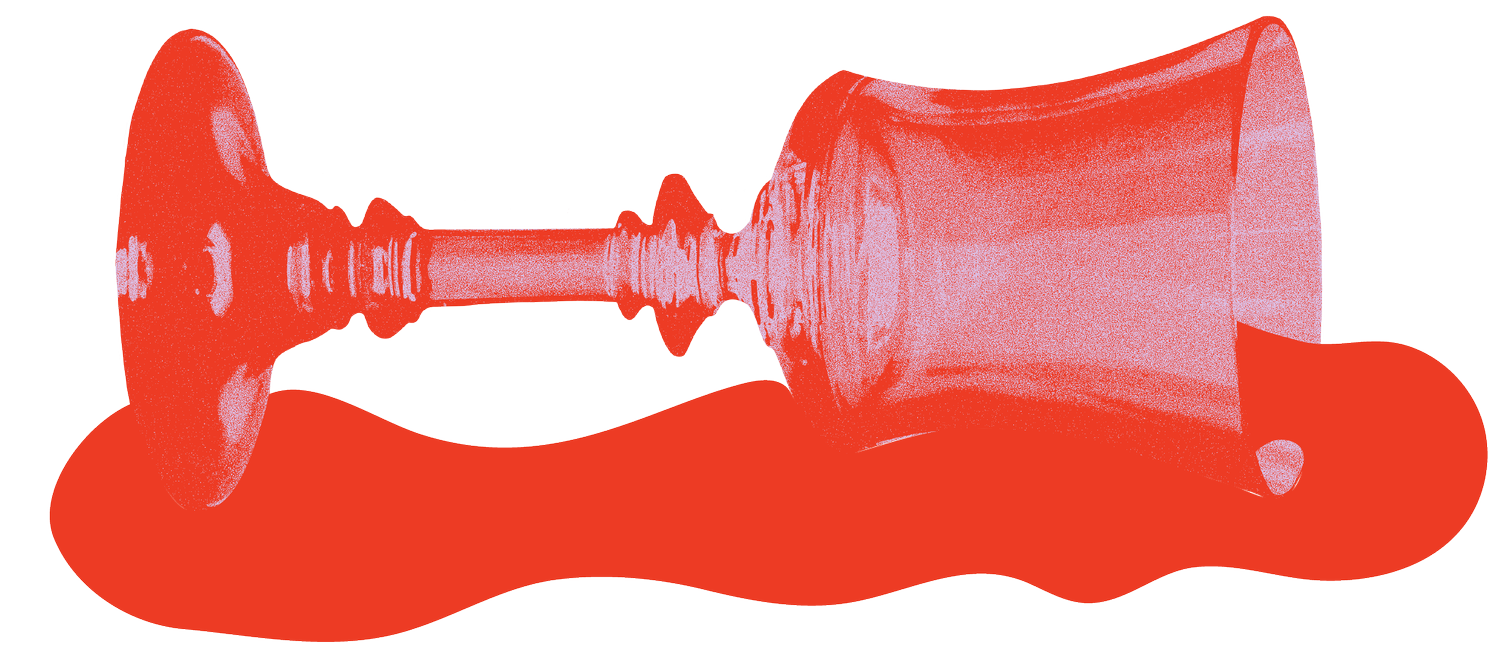Pork & Beans & Revolution
The city of Chicago, like most cities, faces the contradictory problems of hunger and food waste. General estimates suggest that the city of Chicago wastes 55 million pounds of food every month and from every link in the supply chain: farms to grocers to restaurants to consumers. Every food operation will have waste, despite efforts to minimize it in the name of profit - in some part because profit benefits from the scarcity created by waste. Meanwhile, thanks largely to COVID-19 and the resulting economic implosion, the food insecurity rate has doubled to nearly 800,000 or 1 in 3 Chicagoans. Utilizing this waste could avail 17lbs of food per person, per week.
By applying our food waste - bones, trimmings, scraps - from regular service at Vincent with the generosity of our customers and farmers we were able to provide approximately 7,500 meals between March and November of 2020 (or nearly 200 per week) to furloughed service industry workers, quarantined seniors through the Center on Halsted, and local unhoused communities through Edgewater Mutual Aid. Donated funds from suppliers like Beam Suntory and our $5 “Soup for a Stranger” menu option totaled $4,000 - half of which was spent on paper cups and other packaging, the other half on beans, rice, and vegetables. Ingredients this far processed rarely require more than an hour’s worth of active labor to turn into soup, easily managed into the kitchen’s production schedule. With over 7,300 restaurants in the city, if each was to produce 200 meals, every food insecure person in Chicago could rely on two quality meals weekly.
Success in this program was entirely dependent on connecting the diner to their community and using the restaurant itself as an engine of social labor fueled by that consciousness. A guest purchases the half chicken with curaçao carrots, knowing that they’ll receive a filling and thoughtful dish made of the breast and thigh while someone in need enjoys a stew made out of the wing, leg, and bones. Order a pork chop and understand that you’ve also helped to generate a big pot of pork and beans with the same quality of ingredients and nutritional value for neighbors that you may never meet. Through these kinds of systems the guest is reminded that they don’t just participate in community, they are community.
The very concept of a good meal relies on an interactive, healthy community. Simple bread requires the cumulative effort of grain farmers, millers, mycologists, and bakers; imagine the complexity of producing a single ham sandwich from a wheat field, dairy cow, and a doomed pig. It takes a healthy community to produce anything of reasonable complexity and when 30% of that community is exploited beyond the capability of maintaining a dignified life, radical healing becomes imperative. If we intend to begin this healing then we must reconnect to the idea of what it means to live in a society, share our resources more equitably, drink plenty of water and eat our soup.

